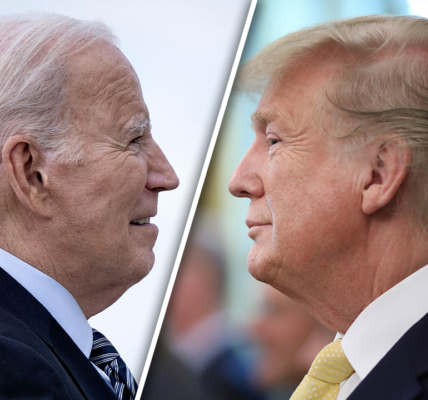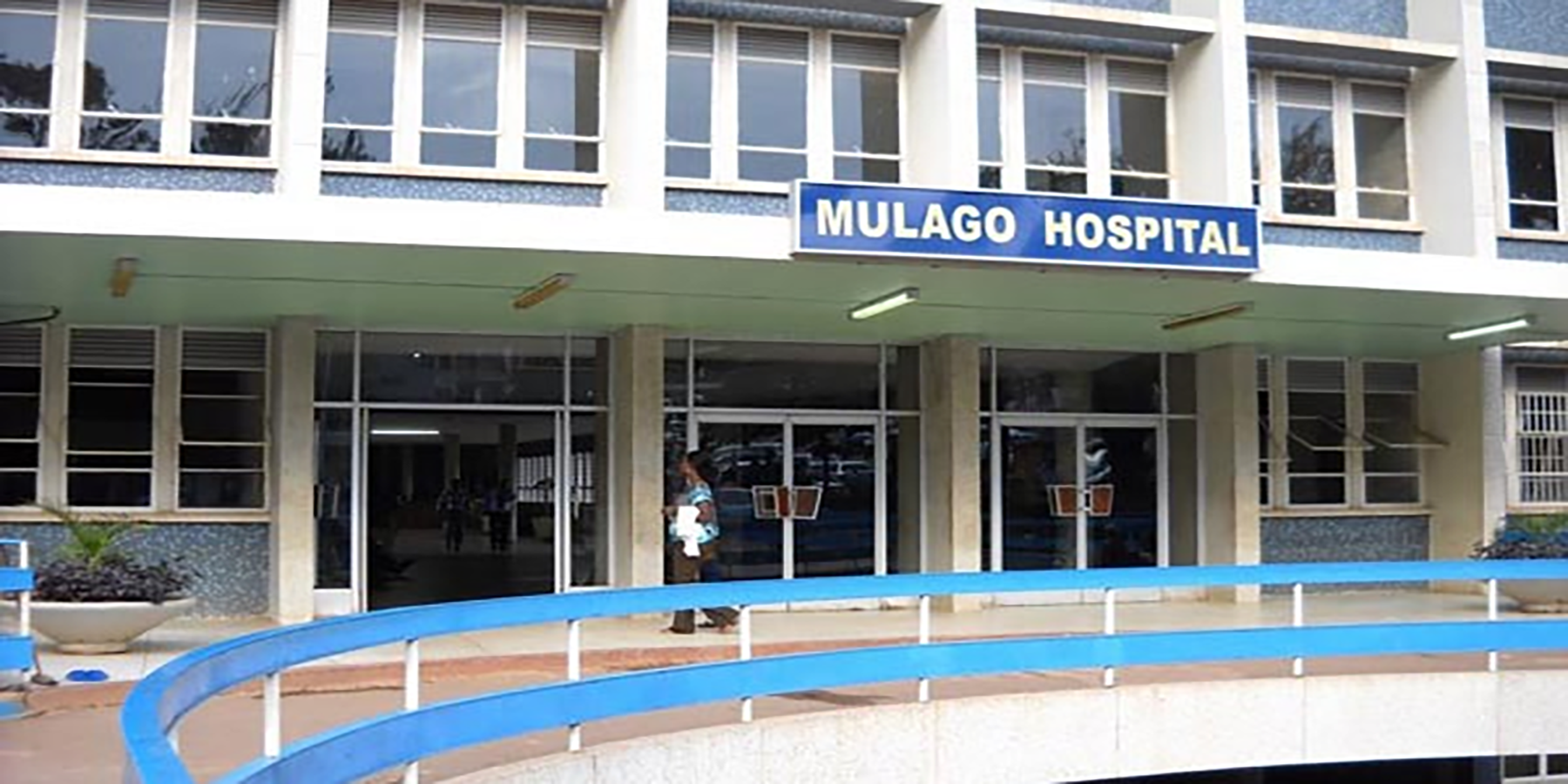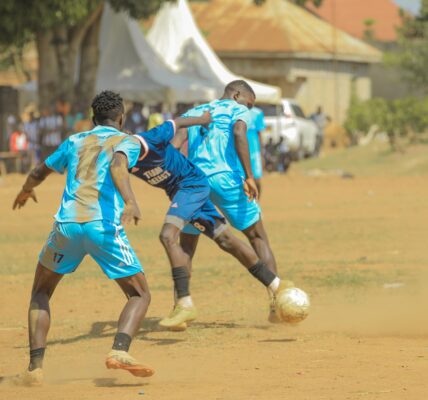Relations between India and the Maldives have been rocky since President Mohamed Muizzu assumed office in November 2022. He rose to power on an aggressive anti-India platform, spearheading the “India Out” campaign aimed at reducing India’s influence in the Maldives. However, less than a year into his term, President Muizzu appears to be taking a different approach. The Maldivian government recently announced that Muizzu is planning to visit India, signaling a potential diplomatic thaw between the two nations.
This visit, expected to take place as soon as next week, highlights a significant shift in tone from the Muizzu administration. The Maldivian President seems ready to move past the strained relations of the past year and work toward normalizing ties with India, a key economic and defense partner in the region.
Fallout of Anti-India Remarks: Ministers Resign
The announcement of Muizzu’s visit to New Delhi coincided with the resignation of two Maldivian deputy ministers—Malcha Sharif and Mariam Shuna—who were involved in a diplomatic row with India earlier this year. Their derogatory comments toward Indian Prime Minister Narendra Modi during his visit to Lakshadweep triggered outrage in India.
During Modi’s January visit, aimed at promoting Lakshadweep as a tourist destination, the two ministers made offensive remarks, causing a social media storm. In response, a boycott campaign against Maldives tourism gained traction in India, which had a substantial impact on the Maldives’ tourism industry. India is a crucial source of tourists for the Maldives, and this backlash pressured the Maldivian government to take swift action. The two ministers were suspended shortly after the incident, and now, months later, they have resigned just before Muizzu’s planned visit to India.
While the official statement claims their resignation was due to “personal reasons,” the timing strongly suggests a coordinated effort to repair relations with India before Muizzu’s diplomatic trip. The third official involved in the controversy, Abdullah Majid, remains in office, though his future in the administration remains uncertain.
Strategic Diplomacy: India’s Long-Term Game
President Muizzu’s visit to India marks a significant departure from his earlier “India Out” stance, showing a willingness to reset ties. India, meanwhile, has consistently maintained a strategic approach, ensuring that relations with the Maldives did not deteriorate despite political differences.
One major sign of India’s enduring commitment to the Maldives is the Thila-Male Bridge Project, a $500 million infrastructure initiative funded by India. The bridge is a vital connectivity project for the Maldives, and its completion is expected by 2026. Despite Muizzu’s earlier anti-India rhetoric, India continued to push forward with this significant project, underscoring its role as a reliable development partner.
This pragmatic approach seems to have paid off. By continuing to invest in the Maldives’ development, India has effectively reminded the island nation of its importance as a partner, both economically and strategically.
Strengthening Defense Ties: A New Era of Cooperation
Beyond economic ties, the Fifth Maldives-India Defense Cooperation Dialogue, held earlier this week, marked another significant step toward deepening bilateral relations. The two countries agreed to strengthen defense cooperation, a stark contrast to Muizzu’s earlier promise to expel Indian troops from the Maldives. In May 2023, Muizzu followed through on that promise, removing Indian troops stationed in the Maldives for humanitarian and search-and-rescue operations. However, the renewed defense cooperation signals that Muizzu is now looking to rebuild those ties, recognizing the importance of India as a strategic ally in the Indian Ocean.
A Diplomatic Victory for India?
For India, President Muizzu’s upcoming visit represents a significant diplomatic win. The resignations of the two ministers who insulted Prime Minister Modi further bolster India’s position, showcasing its ability to influence regional politics through a combination of soft diplomacy and strategic patience.
This shift in Maldives-India relations aligns with India’s Neighborhood First Policy, which focuses on fostering strong ties with its immediate neighbors through cooperation and economic development. Despite the challenges posed by Muizzu’s initial “India Out” campaign, India has managed to keep the relationship intact, paving the way for a diplomatic reset.
India’s role as a key economic and defense partner for the Maldives has likely played a significant role in Muizzu’s decision to seek closer ties. The Thila-Male Bridge Project and ongoing defense cooperation provide clear evidence of India’s long-term commitment to the Maldives, helping to stabilize the relationship and avoid further deterioration.
What Lies Ahead for Maldives-India Relations?
As President Muizzu prepares for his first official visit to India, it’s clear that the “India Out” strategy has not worked in the Maldives’ favor. The country’s dependence on Indian tourism, infrastructure development, and defense collaboration has forced Muizzu’s administration to rethink its foreign policy approach.
For India, the Maldives remains a key partner in maintaining security and stability in the Indian Ocean region. The successful handling of this diplomatic reset could serve as a model for future relations with other neighboring countries facing similar political challenges.
While it remains to be seen whether this shift will lead to a long-term rapprochement, Muizzu’s visit and the accompanying developments suggest that India’s influence in the Maldives is stronger than ever. The success of India’s Neighborhood First Policy is once again evident as New Delhi continues to build bridges, both literally and figuratively, with its neighbors.






